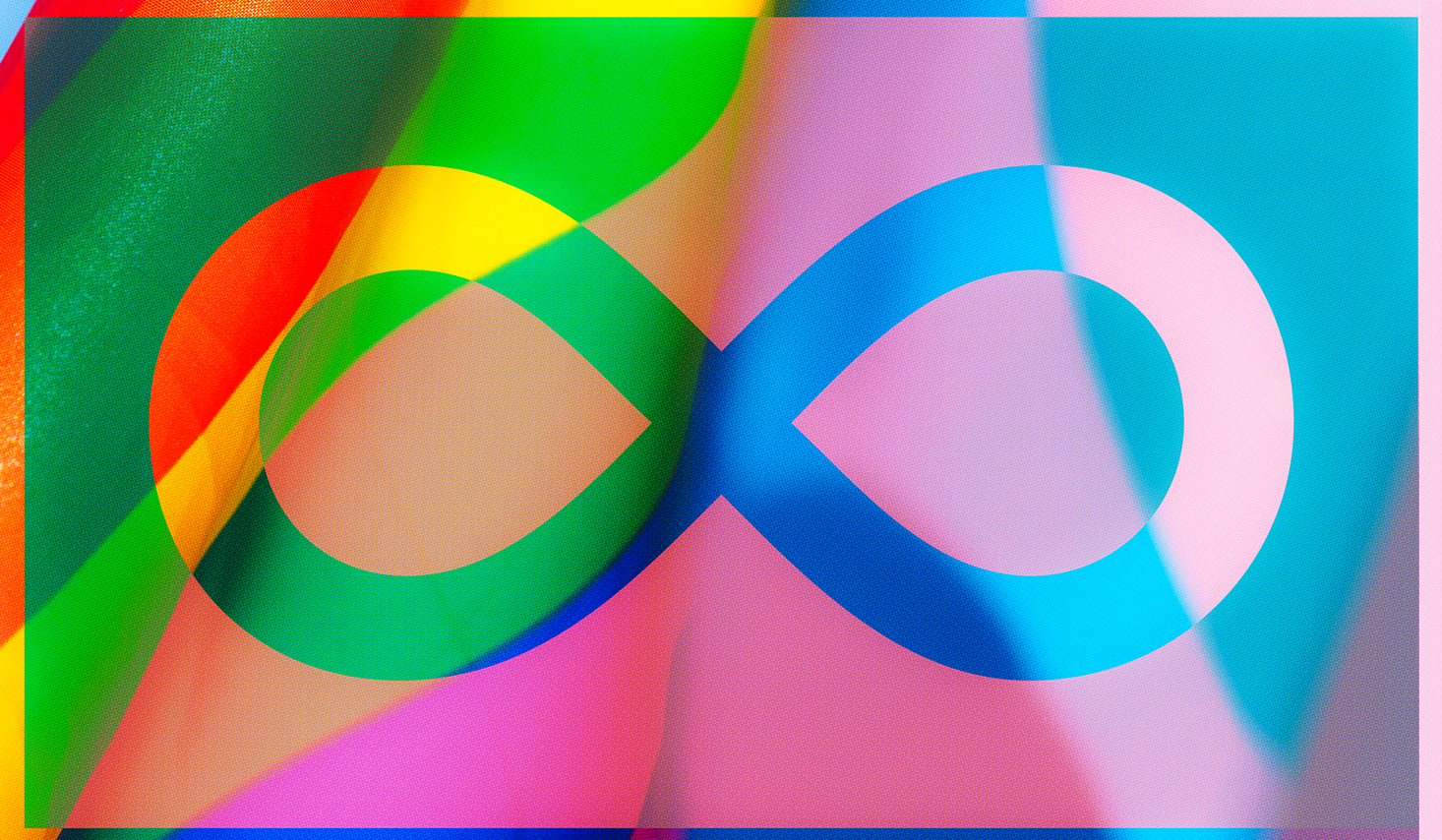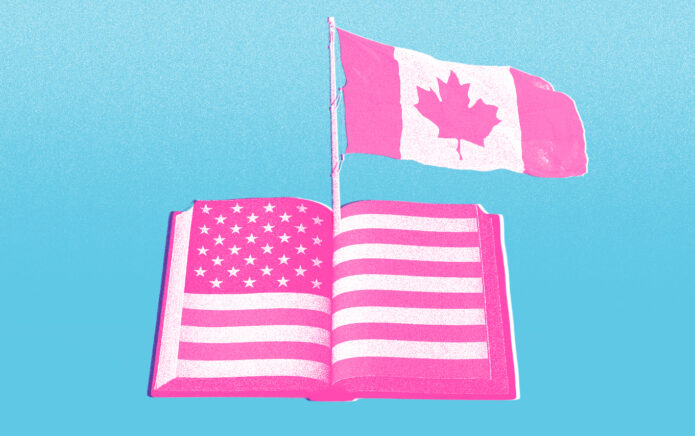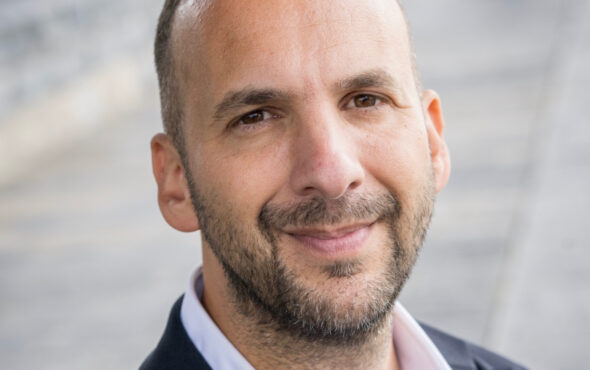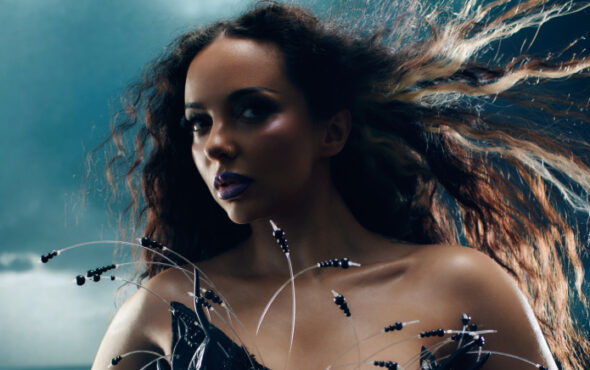
Being autistic is something I have only realised about myself in the past few years.
Having a diagnosis, as of July this year, has helped me validate my feelings and experiences, and has given me a sense of relief that I no longer have a question mark over a part of my identity. It has also made me reflect on all the ways my autism presented itself over the years, even if I didn’t realise it at the time, especially how it has intertwined with my journey of discovering my queer and non-binary identity.
I can remember asking my first boyfriend if he would ever date someone the same gender as him, to which he said “no”. This was something I couldn’t quite wrap my head around. I remember that I didn’t really understand what was so different for him about dating a boy compared to dating a girl.
I could understand not being attracted to an individual, but for me, ruling out dating people of one gender completely seemed odd. We’re all people, and dating is about connection, and learning about each other, sharing your lives. In my mind, I feel that I can connect with someone of any gender, people are people.
A part of being autistic is struggling to understand aspects of social interactions, but this can also give us the power to see beyond social structures and norms. Now, I realise that the way I felt was linked to not being able to understand the social structure of seeing heterosexuality as the norm, and so I view intimate connection with people differently than most.
Asking that question to my first boyfriend helped me realise I was queer, and that not everyone felt the way that I did. Without my neurodivergent brain reaching out to question that social structure, I would not have realised I was queer until later in life.
I had a similar experience when I started questioning my gender identity at the age of 18. Throughout lockdown, I spent more time online and had explored a lot more content from non-binary people on social media, and had also watched the TV show Feel Good, which explores topics around gender identity.
I realised that I stumbled across another social structure that didn’t make sense to me – the assumption that gender identity must be binary. Man, woman, boy, girl, it all seemed too strict. Something more fluid, less rigid, made sense to me. This helped set me on my way to coming out as non-binary, and exploring using different pronouns.
Later that same year I started volunteering with Just Like Us, the LGBT+ young people’s charity.
A large part of the work I do as an ambassador for Just Like Us is giving talks to pupils in schools up and down the UK. In part of my talk I tell my story of growing up as a LGBTQIA+ person. This is something I love doing, as I hope that by telling my story and informing young people about LGBTQIA+ issues, I can help other queer autistic people understand themselves a bit sooner than I did, saving them a bit of heartache. I also help young people who aren’t LGBTQIA+, autistic and not, by giving them advice on how to be allies to their LGBTQIA+ peers.
The volunteering training Just Like Us provided was very accessible to me as an autistic person. It really went into depth on the work they do, what to expect, and how to handle certain situations, which really helps for someone who sometimes feels confused as to what they’re meant to say or do. The charity also provided a lot of support and feedback on telling our stories, which I found to be really beneficial.
I have also found the talks themselves easy to navigate. A lot of them are online, which helps with any anxiety around physical social interaction, and Just Like Us also provides a template of slides for each talk. Ambassadors always give talks in pairs or trios, meaning that we are able to support each other when preparing for the talk.
My journey to discovering that I am both queer and autistic hasn’t been without struggles, but they are both things that make me me, and have helped me learn the truest version of myself. Volunteering with Just Like Us has also shown me that I can be a visible queer autistic person, that I’m able to do anything I want, and do it with incredible support around me.
Mara volunteers as an ambassador for Just Like Us, the LGBT+ young people’s charity. LGBTQIA+ and aged 18 to 25? Sign up here!



